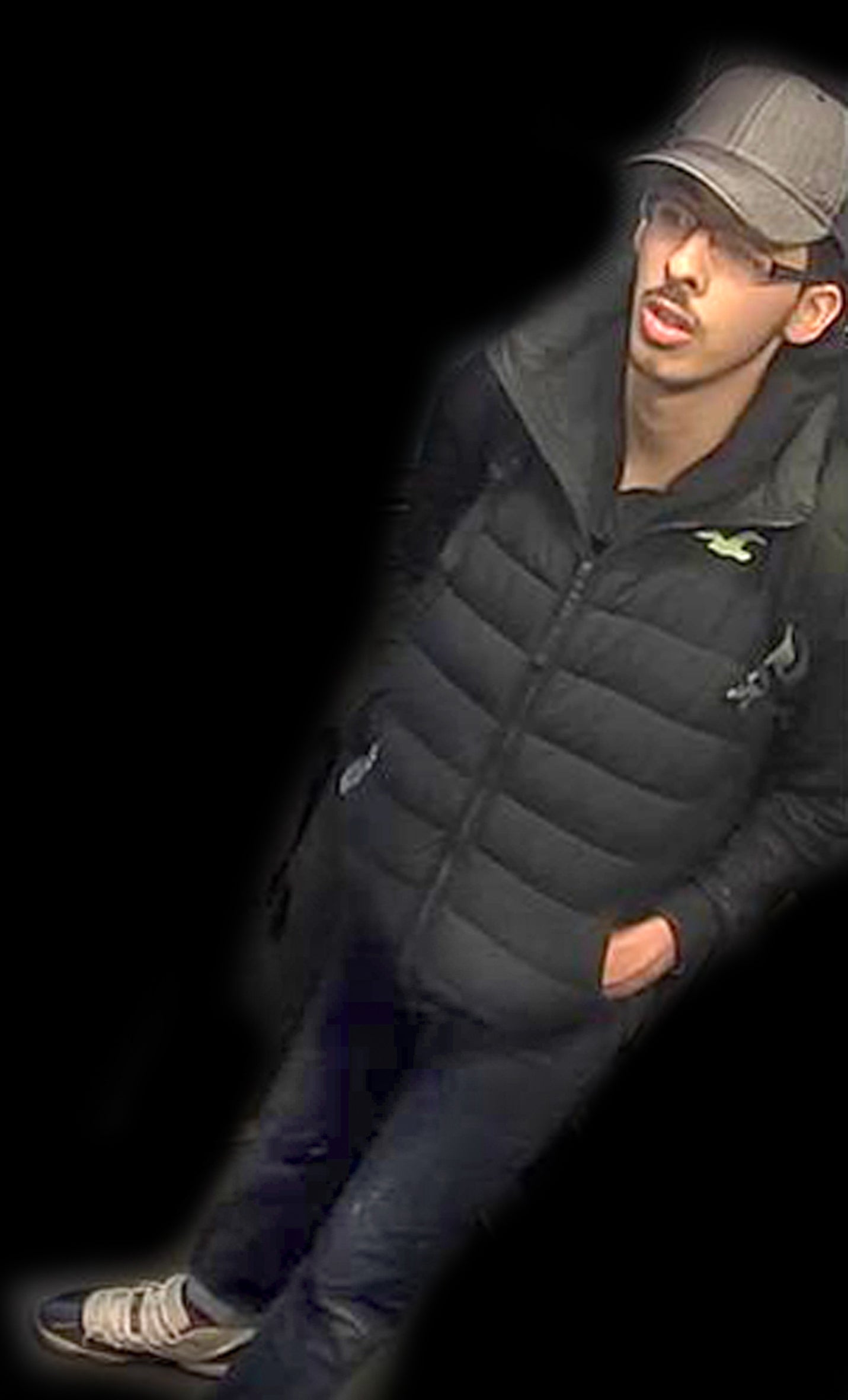
The two pieces of intelligence received by MI5 in the months before the Manchester Arena bombing remain secret after a public inquiry found a “significant missed opportunity” to prevent the attack.
Details of the information have been withheld for national security reasons, but inquiry chairman Sir John Saunders said it “transpired to be relevant to Salman Abedi’s plan”.
He found that an MI5 officer failed to “act swiftly enough” on the second piece of intelligence, and that it could have led to the discovery of Abedi’s bomb.
“There was a significant missed opportunity to take action that might have prevented the attack,” he added.
“An ordinary member of the public would be deeply concerned to find out that, some time before the attack, the Security Service had information which transpired to be relevant to Abedi’s plan and yet took no action in response.”
Closed evidence sessions that could not be attended by relatives of the victims, the press or public heard detailed evidence from MI5 and counter-terror police on their knowledge and decisions.
Sir John said he had questioned witnesses rigorously on concerns raised by victims’ families and not “merely rubber-stamped” the security services’ assertions that information could not be made public.
“I am sorry that I have not been able to reveal in my open report everything I have discovered. I know that what I have revealed, while increasing public knowledge, will raise other questions,” he wrote.
“Throughout the inquiry I have had in mind the importance of preventing terrorist attacks, and nothing must be done by this inquiry to undermine that.”
A “gist” of information deemed safe to release confirmed that two pieces of intelligence were received by MI5 in the months leading up to the 22 May 2017 attack, that the “significance was not fully appreciated at the time”, and they were not shared with police.

A redacted summary said that if MI5 received the first piece of intelligence today, its current policy makes it “likely that Abedi would have been opened as a low-level lead” and investigative enquiries would have started with the police.
But different MI5 witnesses disagreed on whether the significance of the secret information should have been known at the time.
When questioned in the closed inquiry sessions, the officer who first evaluated the intelligence accepted that it could have been “understood to indicate activity of pressing national security concern”.
Two other witnesses said that it may have led to further investigation if further context had been provided, and another MI5 officer said even if they received that information alone, they would have had Abedi stopped and questioned under terrorism powers when he flew to Libya from Manchester Airport in April 2017.
A senior officer known as Witness J – who had no involvement at the time – insisted that he did “not consider that the intelligence indicated activity of pressing national security concern”.
Sir John said that MI5’s corporate position “did not reflect what those officers did, thought or would have done at the material time”, and accused it of mounting a “retrospective justification for the actions taken or not taken”.
The intelligence came to MI5 during the period where Abedi was preparing the powerful homemade suicide bomb that he would later detonate among young fans leaving an Ariana Grande concert.
The Security Service did not pass the intelligence to counter-terror police and did not open an investigation, continuing to believe that Abedi was not a national security threat.

Abedi had separately been flagged in a review of closed subjects of interest (SOIs), but the meeting to consider his case was scheduled for 31 May 2017 – nine days after his attack.
An internal MI5 review in the immediate aftermath of the bombing found the decision not to open an investigation into the new intelligence was “understandable”, and said it would have been “unlikely” to detect his plot.
Witness J insisted that any intelligence deemed to show attack planning would have caused a swift investigation and moves to address the threat.
“He said that if MI5 had assessed that there was credible intelligence that Abedi was about to mount an attack, and had been aware that Abedi was returning to the United Kingdom on 18 May 2017, it is likely that they would have been in a position to disrupt the attack,” counsel to the inquiry Paul Greaney KC said. “Their response, depending on the intelligence, would have involved the use of covert surveillance [but] neither was the case.”
The inquiry found that if MI5 had investigated Abedi on the basis of the intelligence, he could have been followed from Manchester Airport back to the parked Nissan Micra where he had stored the components of his bomb.
The existence of the two mystery pieces of intelligence was first revealed months after the bombing, when former terror watchdog Lord Anderson published a report on MI5’s internal review of the attacks that struck London and Manchester in 2017.

“It is unknowable whether such an investigation would have allowed Abedi’s plans to be pre-empted and thwarted: MI5 assesses that it would not,” it said.
Lord Anderson was told that the intelligence was “assessed at the time to relate not to terrorism but to possible non-nefarious activity or to criminality” by Abedi.
“In retrospect, the intelligence can be seen to have been highly relevant to the planned attack,” he added.
In late 2018, parliament’s Intelligence and Security Committee published a report confirming that MI5 had not actively investigated Abedi in the mistaken “view that he would not pose a threat in the UK”.
Abedi had first been actively investigated in January 2014 over links to another SOI, but the probe was closed when he emerged not to be the person seen acting suspiciously.
Another MI5 investigation was opened in October 2015, on the basis of suspected contact with an Isis figure in Libya, but closed on the same day when it transpired that any contact was not direct.
Despite Abedi continuing to crop up in intelligence through his links to known Isis supporters, and being known by MI5 to support the terrorist group himself, an investigation was not opened again before the bombing.







